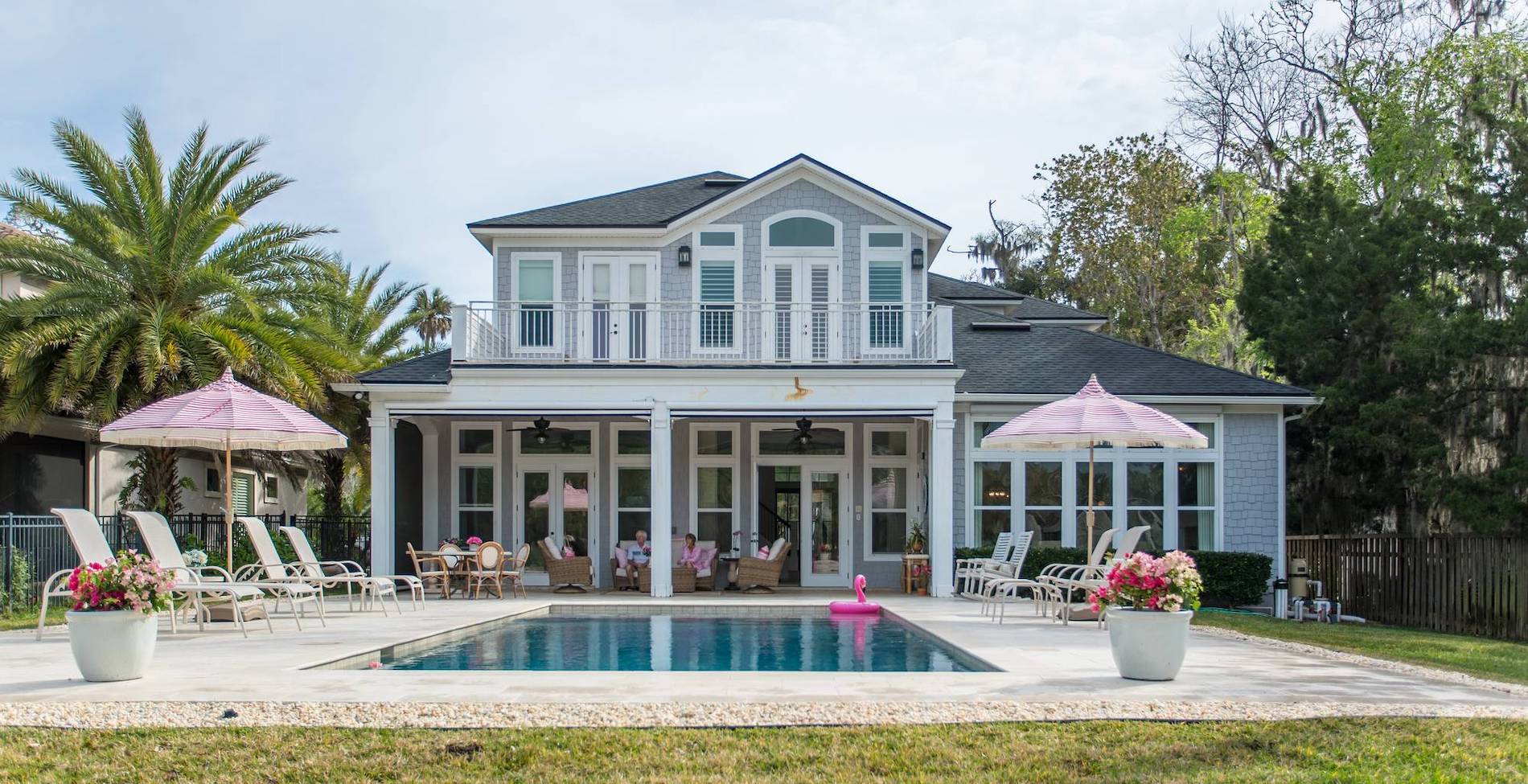All too often a silent killer breaks the sanctity of the home, often in the cold of a winter night, in an attack that is usually as preventable as it is unpredictable.
Carbon monoxide is a colorless, odorless gas produced by equipment that burns gas, oil, kerosene, charcoal or wood, including oil and gas furnaces; wood stoves; gas dryers, water heaters, ranges and ovens; gas and kerosene space heaters; and fireplaces. You can’t see it, hear it or smell it, but in concentrated doses carbon monoxide can kill within minutes.
Install a carbon monoxide detector, preferably a laboratory-tested device. But don’t let that detector lull you into a false sense of security, though — always stay alert for symptoms of poisoning when any combustion equipment is running.
Anyone operating fuel burning heating equipment could be letting the threat of carbon monoxide poisoning into their own homes. With the proper prior education of maintenance, equipment usage, and signs of a problem, however, carbon monoxide poisoning can be virtually eliminated.
At the start of every heating season, have your Fred F. Collis & Sons professional inspect all fuel-burning equipment in the home. Don’t worry if you forgot this year — it’s never too late for a safety check. We’ll look at all vents and flues to make sure connections are intact, tight and obstruction-free, assuring no carbon monoxide will exit them into the home.
Although you can’t detect carbon monoxide by sight or smell, there are symptoms to be aware of, initially including the shortness of breath, mild nausea and mild headaches. Increased exposure can bring confusion and dizziness, more severe headaches and nausea, and fainting spells.
Since the symptoms can also be from any number of sicknesses, including food poisoning or the flu, the main way to tell if it is carbon monoxide poisoning is to observe other people in the home. If they share the symptoms, it is likely there is a carbon monoxide problem. Immediately open doors and windows to let in fresh air. Turn off any combustion apparatus and leave the area. Call the local fire department even if you aren‘t sure it‘s carbon monoxide — they would definitely rather visit your home to find no problem rather than for you to wait and have them arriving later to find a more serious, life-threatening situation.
For professional and expert safety information on carbon monoxide or any other home heating concern, call Fred F. Collis & Sons today at 315-790-6651, contact us online, or visit one of our two showrooms.
In Yorkville, we are at 5092 Commercial Drive in Yorkville, N.Y. and open Mondays through Fridays from 7:30 a.m. to 5 p.m. and Saturday from 8 a.m. to noon. In Rome, we are at 152 Erie Boulevard East and open Mondays through Fridays from 8 a.m. to 4:30 p.m.


